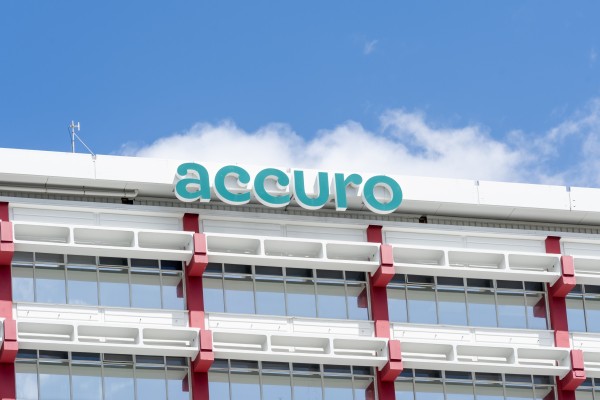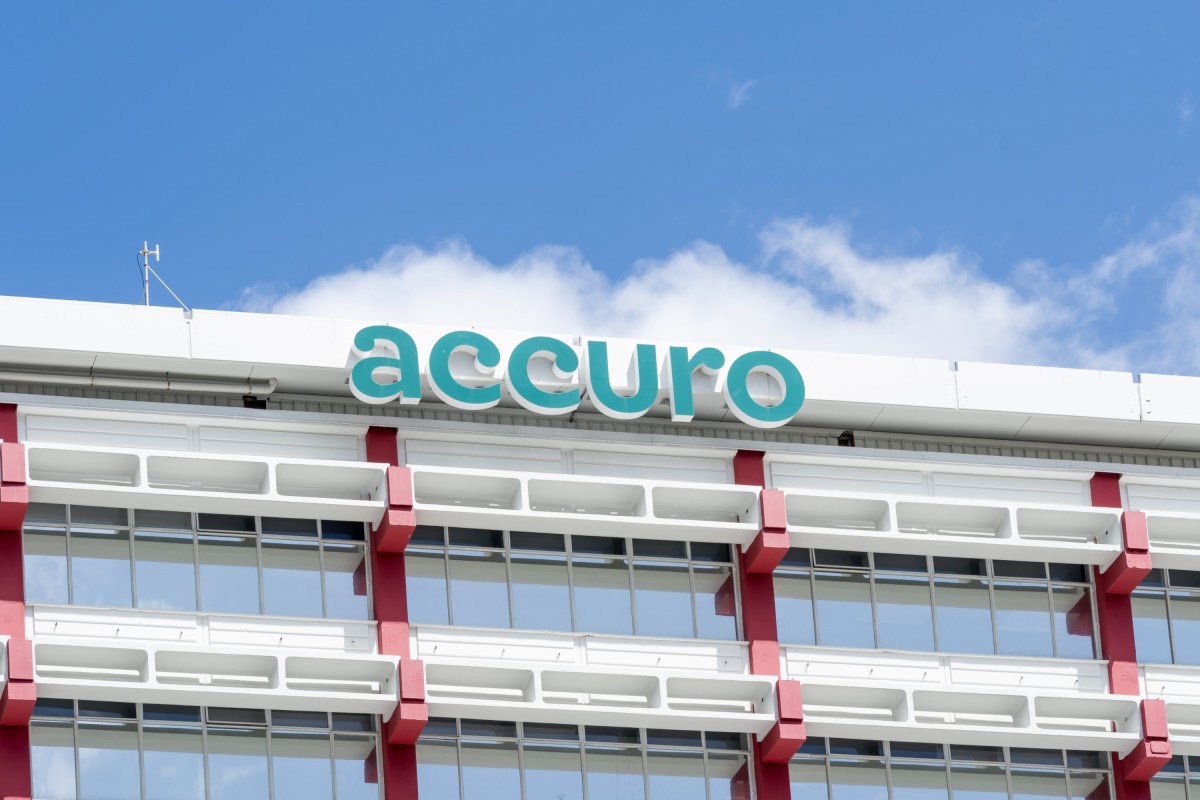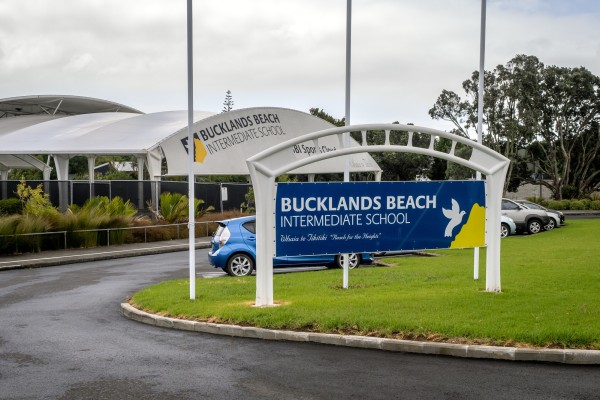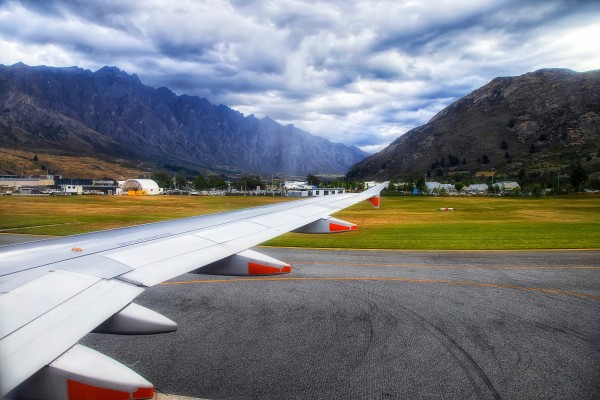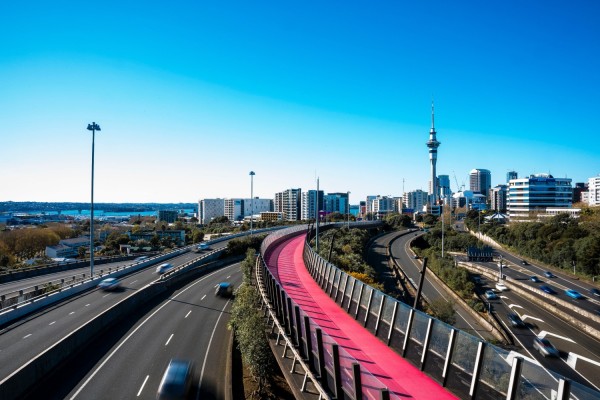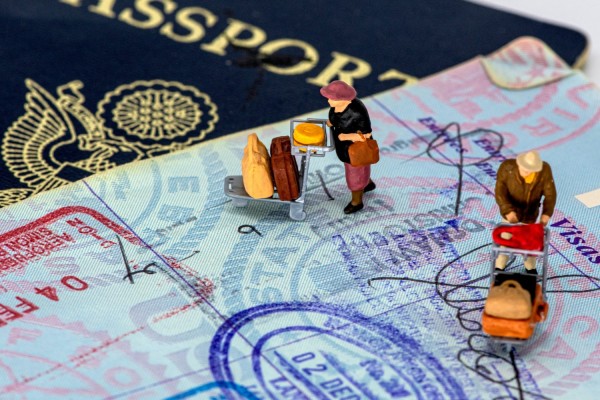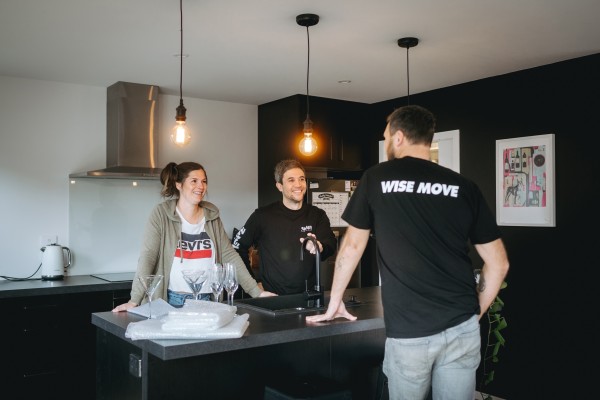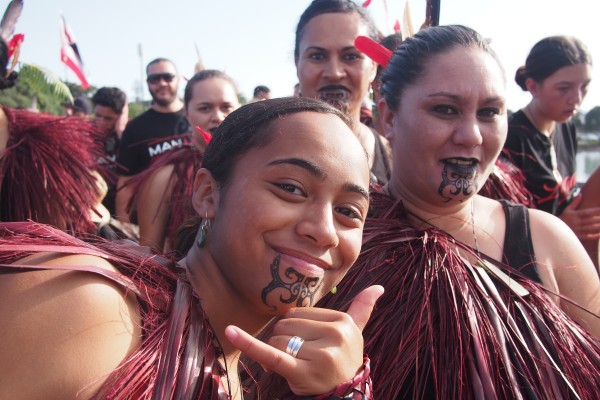Navigating New Zealand's Healthcare System: A Guide For Expats

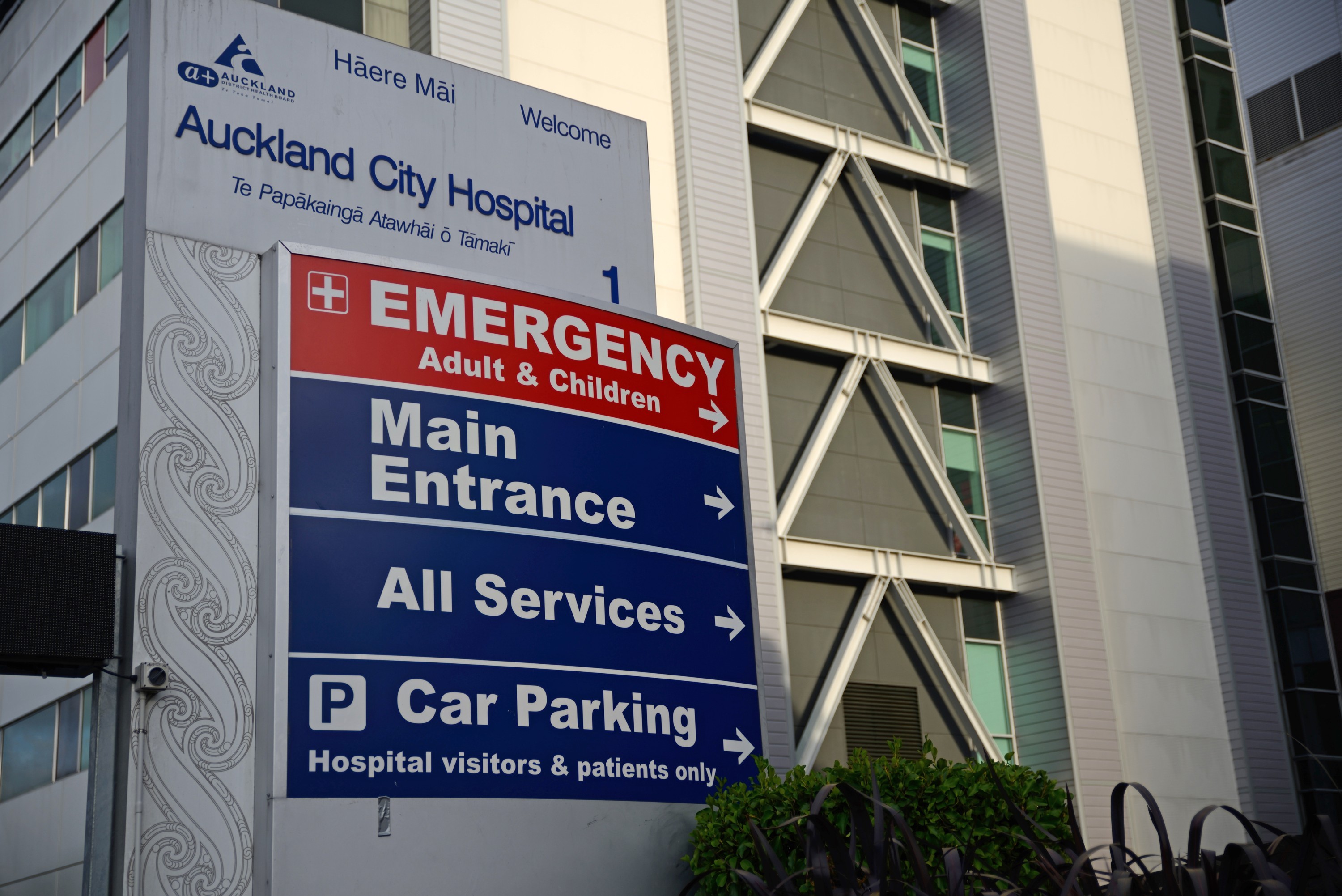
Moving to New Zealand comes with a host of new opportunities and challenges! Along with finding a job and somewhere to live, you’ll need to find a new doctor. Depending on where you’re moving from, the health system can be quite different from what you’re used to.
This blog covers everything you need to know about the New Zealand healthcare system, including costs, how to find a physician and how to seek specialist care.
What is New Zealand’s healthcare system like?
New Zealand has a universal healthcare system. The country has public healthcare funded by the government and accident coverage, known as the Accident Compensation Corporation (ACC). ACC covers all residents, including expatriates, in cases of accidents or injuries. Additionally, the country's public healthcare system offers various medical services, making it easy for expats to access essential care without hefty out-of-pocket expenses.
In 1938, the New Zealand government signed the Social Security Act, bringing universal and free healthcare into law. The Act states that all New Zealand citizens are entitled to the same standard of healthcare treatment in an integrated, preventative system. Today, New Zealand’s healthcare system is ranked in the top 20 systems worldwide and is on par with countries like Australia and the United Kingdom.
What is ACC?
ACC is free medical care, but specifically for accidental injuries. It is funded by taxes and levies paid for by businesses, workers and private contractors. ACC is an important part of the New Zealand healthcare system. ACC is a no-fault scheme, which means that your healthcare costs are covered regardless of who is at fault for an accident. While this has many upsides, it also means you can’t sue for any costs related to the injury.
All types of injuries are covered under ACC, including workplace accidents, falls, car accidents, or adventurous mishaps. When you seek treatment at a hospital or General Practitioner (GP), you will be asked to fill out an ACC form so that the programme can cover the cost of your injury.
While ACC is a great system and the only one of its kind in the world, there are downsides. Wait times for specialist care and approvals can be long. The solution is not treating ACC as a substitute for private health or travel insurance.
How much does seeking healthcare in New Zealand cost?
New Zealand has a single-payer healthcare system, and around 9% of New Zealand’s GDP goes towards its funding. The cost of healthcare in New Zealand depends on the type of treatment you seek.
For New Zealand residents and ex-pats enrolled with a primary health organisation, the cost of a standard GP visit can range from NZD $19 to $60, depending on the provider, your age, location, and how specialised the services provided are.
- The government covers hospital and specialist care when patients are referred by their GP. A range of medical services are free, including diagnostic tests, immunisations, cancer treatments, appointments, dental care, and prescription medications for children.
- Seeing a GP at an after-hours clinic can cost $75-$100. The cost is usually higher in larger cities or high-income neighbourhoods. If you earn under a certain income, you may qualify for a Community Services Card or CSC, reducing doctor visits and medication costs.
- If you are not enrolled with a primary health organisation, you will not have access to subsidised healthcare, and your appointments will cost slightly more. Depending on where you live, a single doctor's appointment could cost $100-$120. This is around 60GDP or $70USD.
- If your doctor refers you to a specialist, the costs will vary. Some specialist visits, especially those that are considered medically necessary, are covered, but others are not.
- Overall, government funding helps to keep the cost of healthcare in New Zealand down. Both citizens, permanent residents and enrolled ex-pats benefit from our single-payer system.
- Many types of prescription medications are also subsidised and cost around $5. For a medication to qualify for subsidisation, it must receive approval from the New Zealand health regulatory body PHARMAC. Medications that don't secure PHARMAC's coverage might still be accessible within New Zealand for a more expensive price. Pharmacies often offer generic alternatives to some medications to help keep the cost of prescriptions down.
How do I enrol with a Primary Health Organisation (PHO)?
Enrolling with a doctor or Primary Health Organisation in New Zealand is easy, and expats staying for a year or longer are encouraged to enrol as soon as they arrive. Visiting a General Practitioner (GP) is often the first step in seeking medical care. GPs serve as the initial point of contact for health concerns and can provide referrals to specialists if necessary.
There are no rules around what type of doctor you can and can’t enrol with. The best thing to do is choose a health provider at a location that you find convenient or specialise in services you think you may need.
You’ll be asked to fill out paperwork to enrol. Depending on your visa status, you might need to provide proof of your eligibility for subsidised healthcare. For instance, New Zealand citizens and residents usually don't require additional proof, while temporary visa holders might need to show their visa documentation.
How does the emergency and hospital system work in New Zealand?
In emergencies, New Zealand's healthcare system provides fast and high-quality care. Public hospitals provide emergency treatment regardless of whether the patient has insurance or not so you’ll never be turned away. However, some wait times can be long. Even so, in an emergency, you should always go to A&E.
How does specialist care work in New Zealand?
In some cases, your GP might refer you to a specialist for more specific medical advice. Our public healthcare system covers a wide range of specialist appointments, but there might be waiting lists for non-urgent cases or some cost involved if the specialist is non-urgent. Expats can take advantage of private hospital care for faster access to specialist care, although this costs more than seeking treatment through a public hospital. The wait times for certain specialities can be three to nine months. However, you don’t need to be referred by a doctor to see a dermatologist, psychologist, therapist, or physiotherapist.
Do I need private health insurance in New Zealand?
You don’t need private health insurance in New Zealand the way you might in the United States. However, depending on what type of visa you are on, taking out private insurance is advisable. The New Zealand healthcare system covers you if you are:
-
a New Zealand citizen or permanent resident.
-
a worker on a New Zealand work visa valid for 2 years or more
You are not eligible for government-subsidised healthcare if you:
-
Have a tourist or visitor visa of 6 months or less
-
Have a working holiday visa or a student visa
While New Zealand's public healthcare system covers a wide range of services, some ex-pats and citizens still choose to take out private health insurance anyway to take advantage of faster access to care and additional benefits and services not covered by the public sector. Private insurance can cover non-urgent treatments, elective surgeries, and access to private hospital facilities.
Southern Cross Health Insurance is one of the most popular providers in the country, although you should always research and compare providers before you sign up for any plan.
What is medical care like outside of major cities and towns?
In New Zealand, the quality of medical care available to patients is very high in towns and cities. However, many rural areas need help attracting doctors and nurses to work there. You may have limited access to GPs, specialists, midwives, dentists and opticians. It’s something to think about if you need regular medical appointments or prescriptions.
What are the challenges of the New Zealand healthcare system?
The healthcare system in New Zealand isn’t perfect and comes with some challenges. Like similar countries with a single-payer model, the New Zealand healthcare system struggles with long wait times and other operational shortcomings. Patients with specific medical needs might find they need to be proactive about making appointments or asking for referrals.
The funding of medication through PHARMAC helps keep the cost of medication down, however, not all drugs are funded this way. The geographic location of New Zealand does come with some downsides and some emerging technology and treatments used overseas may not be as widely used or accessible here.
Despite these drawbacks, the New Zealand healthcare system is one where the majority of patients will get the treatment they need at a relatively low cost. Medical debt is rare and the average cost of common surgeries, pregnancy or treatments is low compared with places like the United States. With the addition of innovative scheme likes ACC, you’ll find the New Zealand healthcare system is set up with patient care and cost in mind.
What do our customers say?



For every (wise)move







